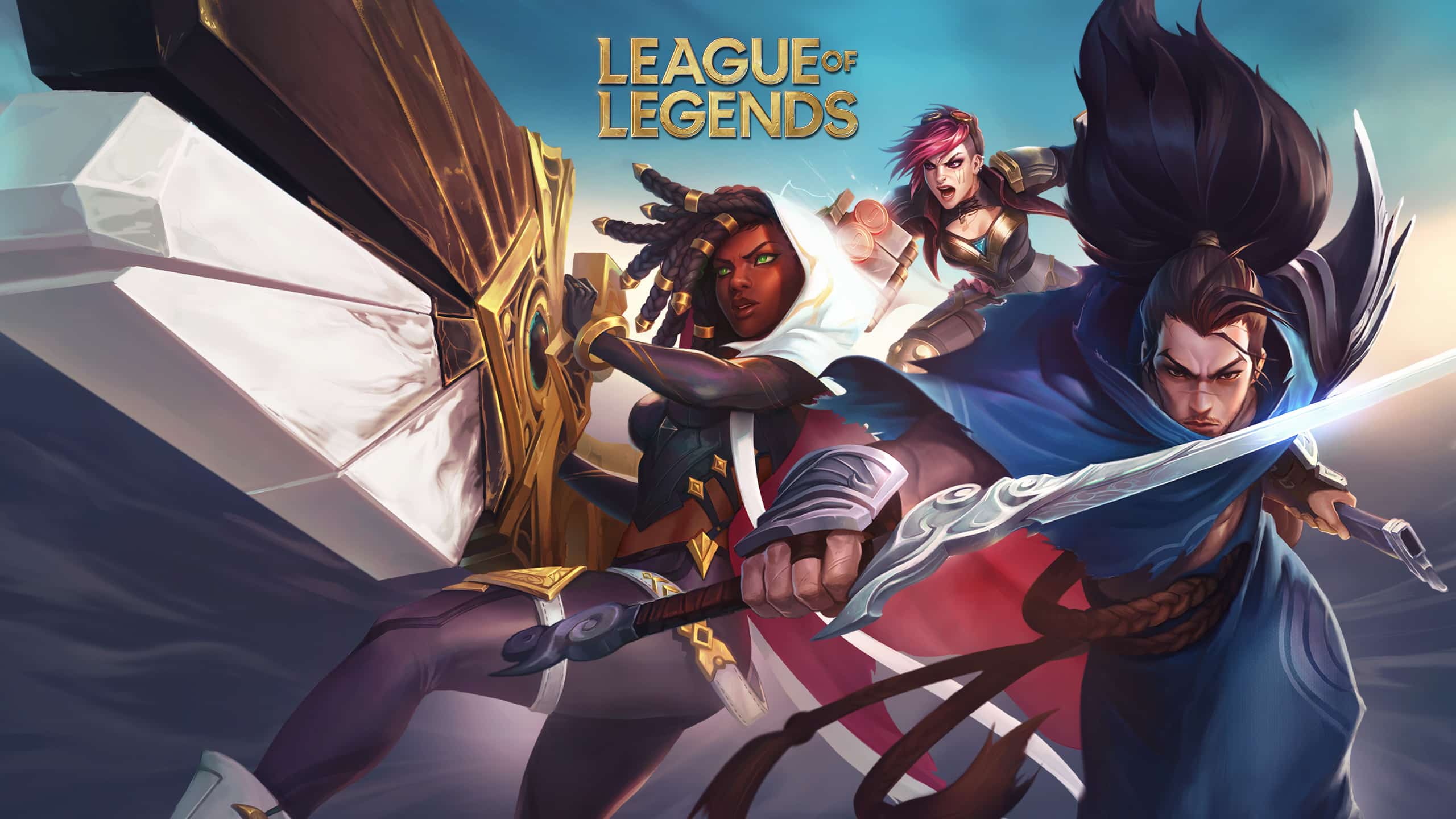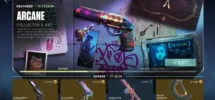
The ranking system in League of Legends has evolved over the years, offering a comprehensive path for players to progress, from the most casual gamers to the elite. The journey begins at Iron IV, the lowest rank, and can go all the way up to Challenger, which is reserved for the top players globally. Each rank is divided into four divisions (IV being the lowest and I being the highest), with players needing to win matches to gain LP (League Points) to climb the divisions.
A Breakdown of League of Legends Ranks
- Iron (IV, III, II, I)
Iron is the starting point for many players, particularly those new to the game or struggling to grasp its mechanics. While being in Iron may feel discouraging, it’s a valuable place to learn the game’s core principles without facing overwhelming opponents. - Bronze (IV, III, II, I)
Bronze players have generally begun to grasp the game’s basics but may still lack certain strategic knowledge or mechanical precision. Like Iron, Bronze is often considered a “beginner’s bracket,” though many find themselves stuck here due to inconsistency in their gameplay. - Silver (IV, III, II, I)
Silver is the rank where players start demonstrating a better understanding of League of Legends strategy, positioning, and communication. However, there is still much room for growth in areas such as map awareness, champion mastery, and team coordination. - Gold (IV, III, II, I)
Hitting Gold is a significant milestone, especially as it is the rank needed to earn season rewards. Players in Gold show solid mechanical skill and a decent understanding of macro play, making them reliable contributors in most games. However, to progress further, players must fine-tune their teamwork and decision-making. - Platinum (IV, III, II, I)
In Platinum, players typically have a thorough understanding of their preferred champions and how to effectively play around objectives like Dragon, Baron, and turrets. Platinum players often excel at individual mechanics but may struggle to maintain consistency in team play. - Emerald (IV, III, II, I)
A recent addition to the ranking system, Emerald sits between Platinum and Diamond. This tier gives more depth to the high-rank experience and prevents the bottleneck that previously occurred at Diamond. Players in Emerald display strong macro skills, map awareness, and often take the game seriously as they push towards higher ranks. - Diamond (IV, III, II, I)
Players who reach Diamond have a comprehensive understanding of the game. They consistently perform at a high level, displaying expertise in both individual skill and teamwork. Diamond marks the beginning of the elite ranks in League of Legends, where the competition becomes more intense and strategic. - Master
Players in the Master rank are the cream of the crop, making up a small percentage of the player base. They have mastered both individual mechanics and team strategies, making very few mistakes in their games. Climbing out of Master into Grandmaster requires not only skill but also mental resilience. - Grandmaster
Just below Challenger, Grandmaster players are among the best in the world. They regularly compete at a high level, often against professional players or those aspiring to go pro. Consistency, adaptability, and excellent decision-making are what separate Grandmasters from the rest. - Challenger
Challenger is the pinnacle of the League of Legends ranked system. Only the top 200-300 players in each region are granted this prestigious rank. To achieve and maintain Challenger, players must not only reach 500 LP but consistently perform at a high level to avoid being demoted. Staying in Challenger requires excellent game knowledge, teamwork, and near-flawless execution of strategies.
How the Ranking System Works
To progress in ranked play, players must win games to earn LP. Winning grants LP based on individual and team performance, while losing decreases it. Once a player accumulates 100 LP in a given division, they enter a promotion series where they must win two out of three games to advance to the next division. If they fail, they lose LP and have to try again. The system is designed to ensure that only players who consistently perform well will climb, while those who lose more frequently will be demoted.
At the highest ranks (Master, Grandmaster, Challenger), the ranking system changes slightly. Instead of promotion series, LP becomes the primary factor in ranking, and players need to consistently stay above certain LP thresholds to avoid demotion.
Climbing the Ladder: Tips and Tricks
For players looking to improve and climb the ranks, here are some valuable tips:
- Master One Role and Champion
Sticking to a specific role and mastering a few champions can greatly improve your gameplay. Knowing your champion’s strengths and weaknesses will allow you to make better decisions during games. - Focus on Objectives, Not Just Kills
Winning League of Legends isn’t just about racking up kills. Objectives such as Dragons, Barons, and towers often dictate the outcome of the game. Prioritizing these can give your team an edge. - Communication is Key
While it may be difficult at times, maintaining good communication with your team can lead to better synergy and success. Pinging objectives and coordinating strategies will greatly enhance your chances of winning. - Analyze Your Games
Reviewing your past games and identifying mistakes can help you improve. Whether it’s positioning, decision-making, or mechanical skill, understanding where you went wrong is the first step to climbing. - Stay Positive and Mentally Strong
Climbing the ranks can be mentally exhausting, especially when dealing with losing streaks or toxic teammates. It’s essential to maintain a positive attitude and not let frustration affect your gameplay.
Achieving the highest ranks in League of Legends is a daunting task, requiring not only skill but also perseverance and a deep understanding of the game. The ranking system is designed to test your ability to perform consistently under pressure. From Iron to Challenger, each tier presents its own set of challenges. But for those who dedicate themselves to mastering the game, the rewards are well worth the effort. Whether you’re aiming for Gold to earn seasonal rewards or pushing for the ultimate prize of Challenger, the journey is sure to test every aspect of your gameplay.


